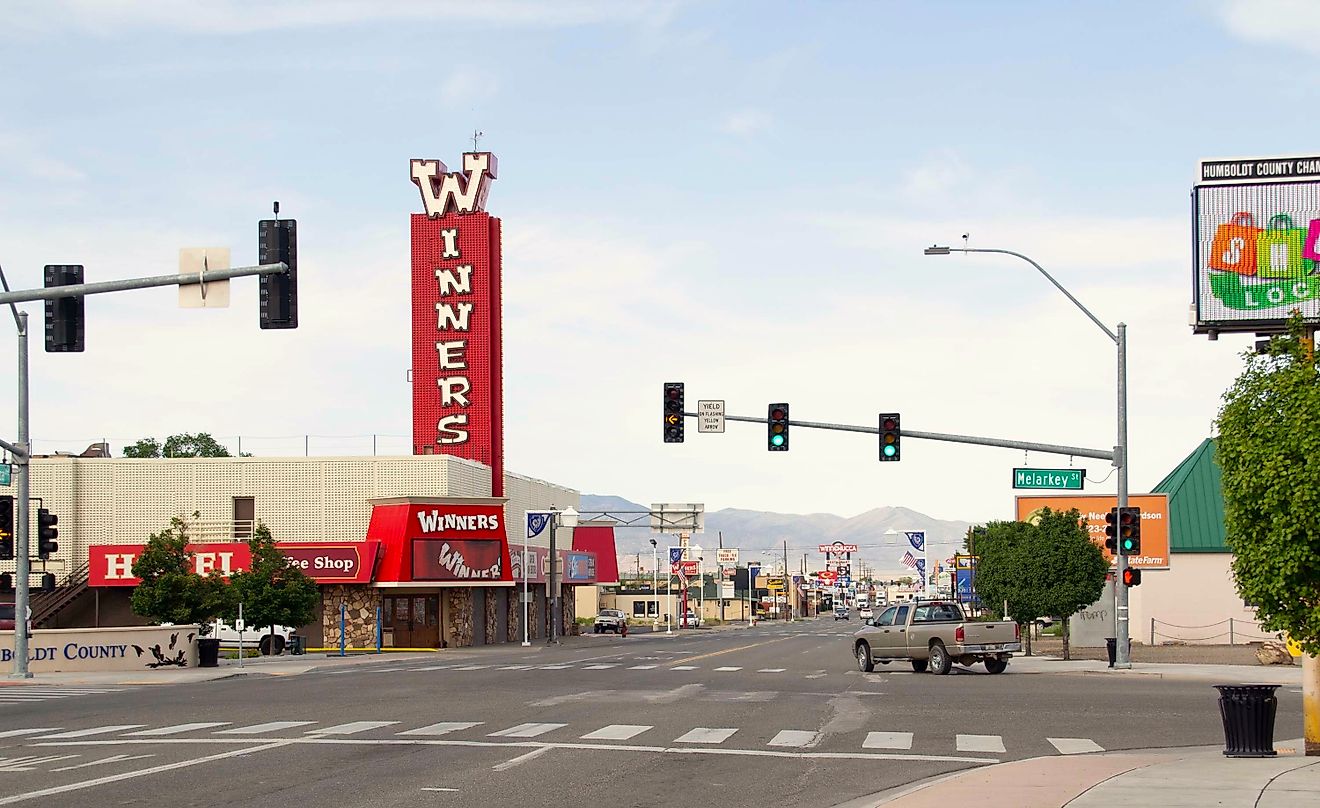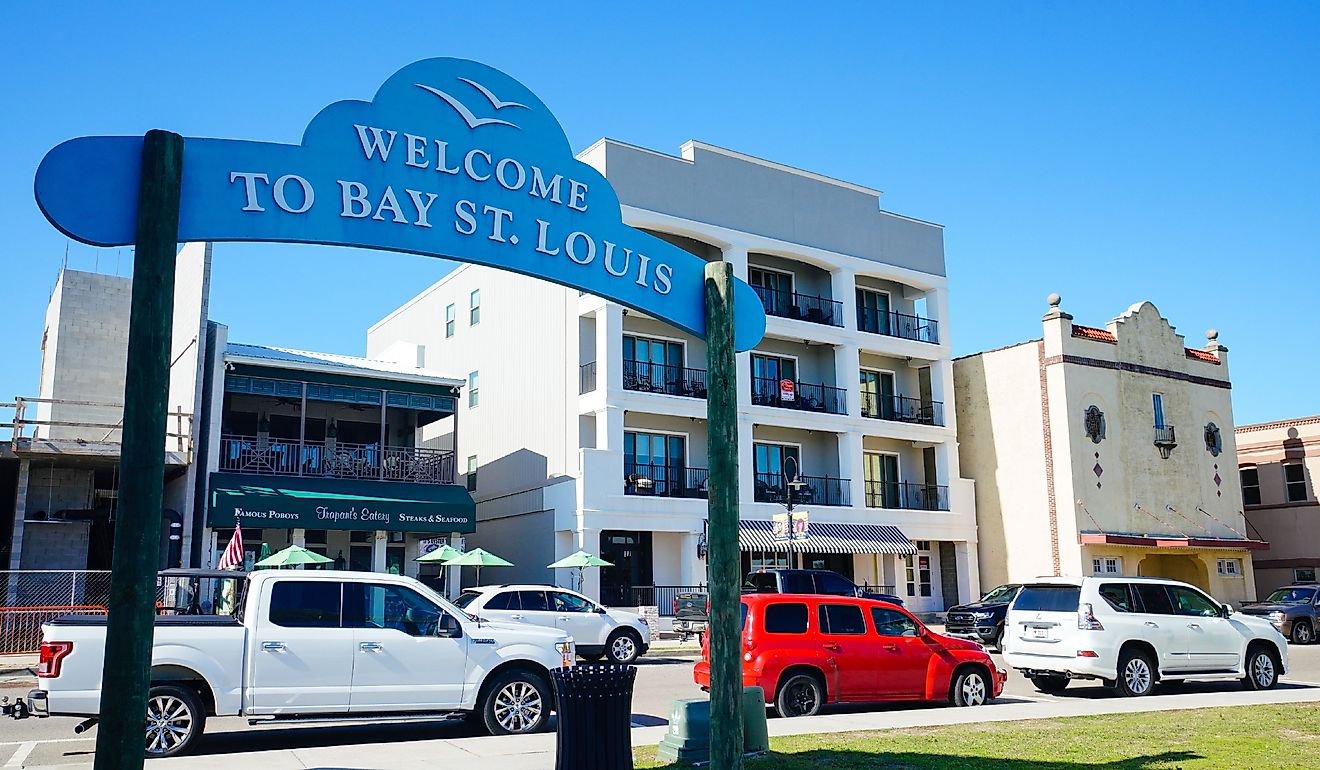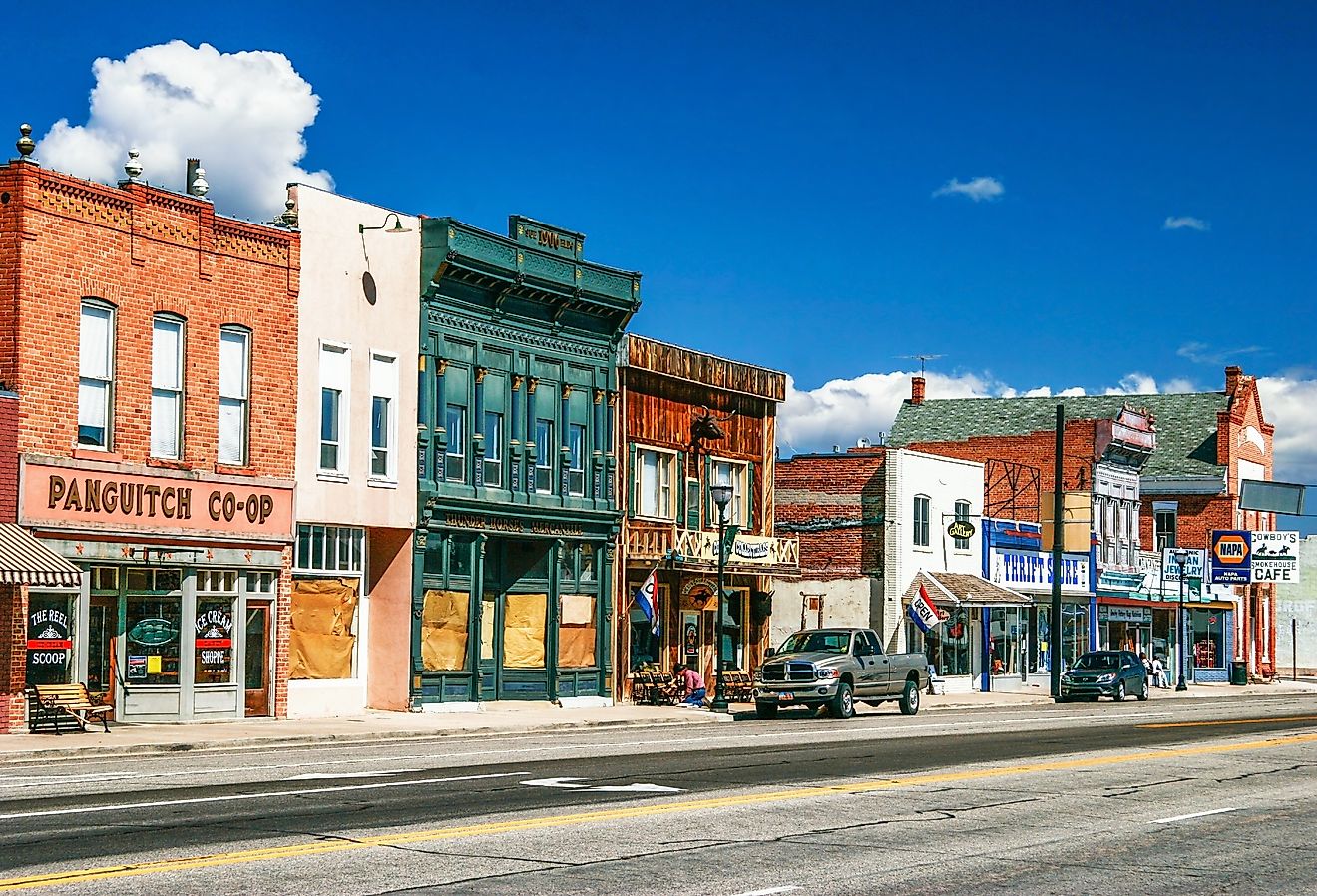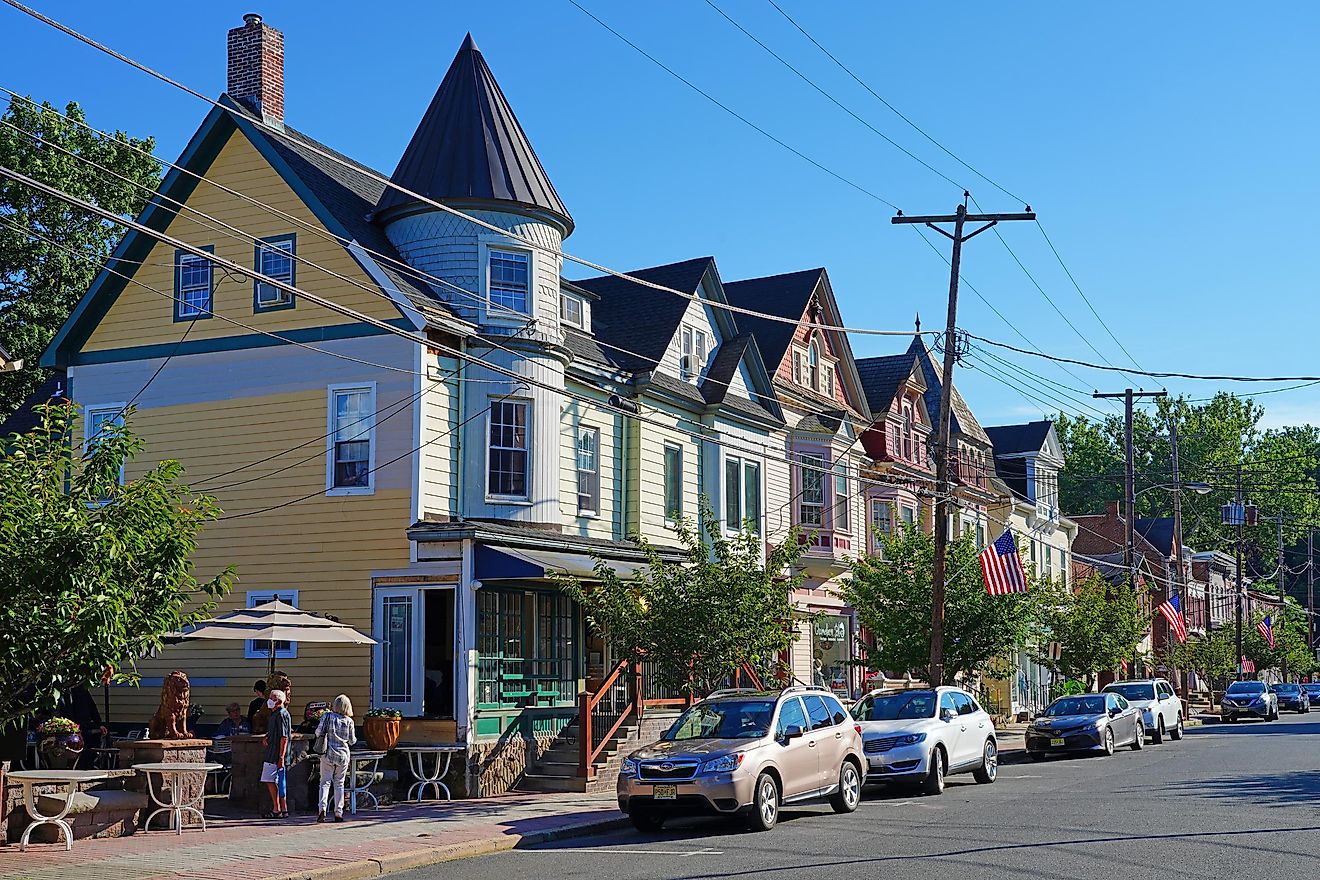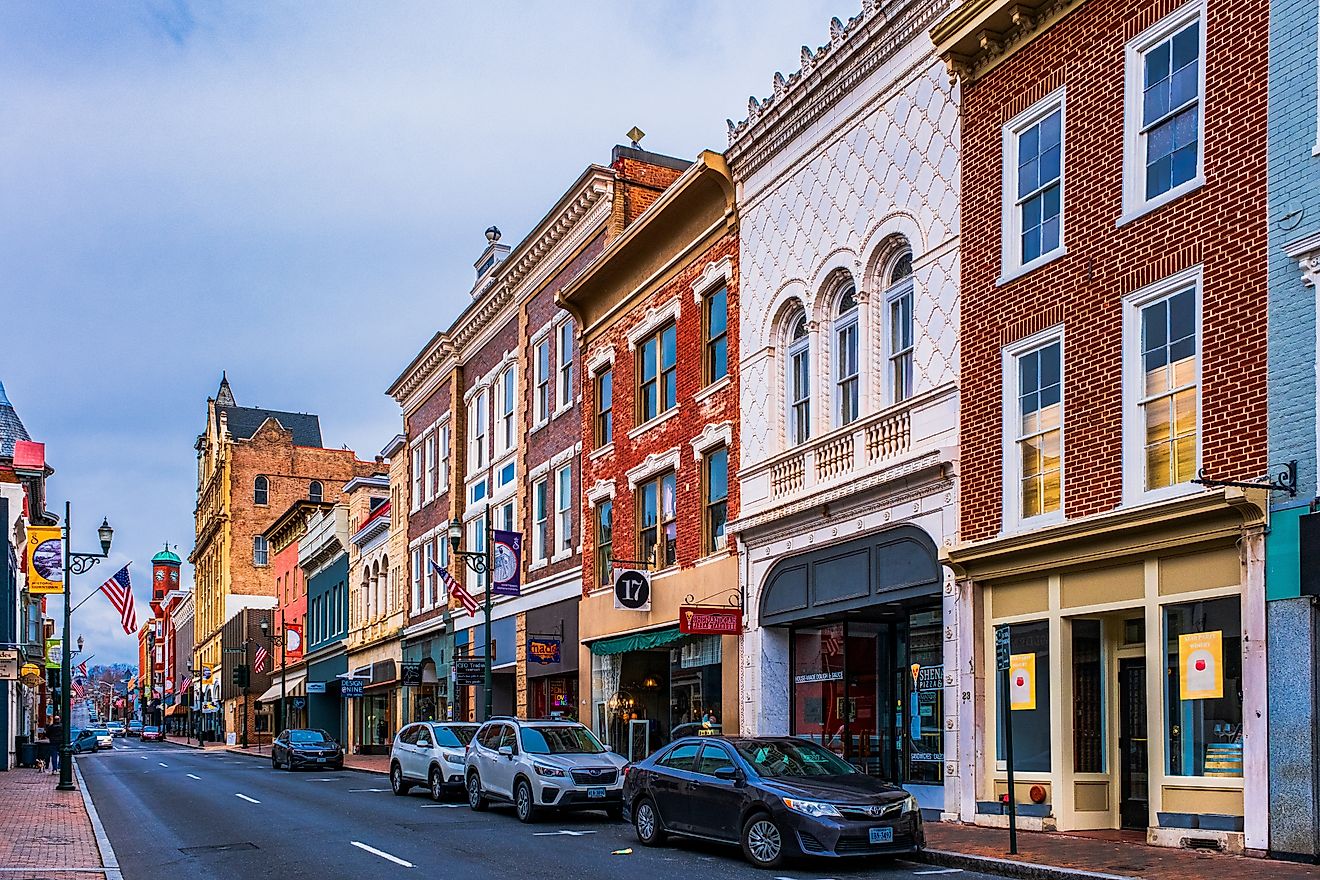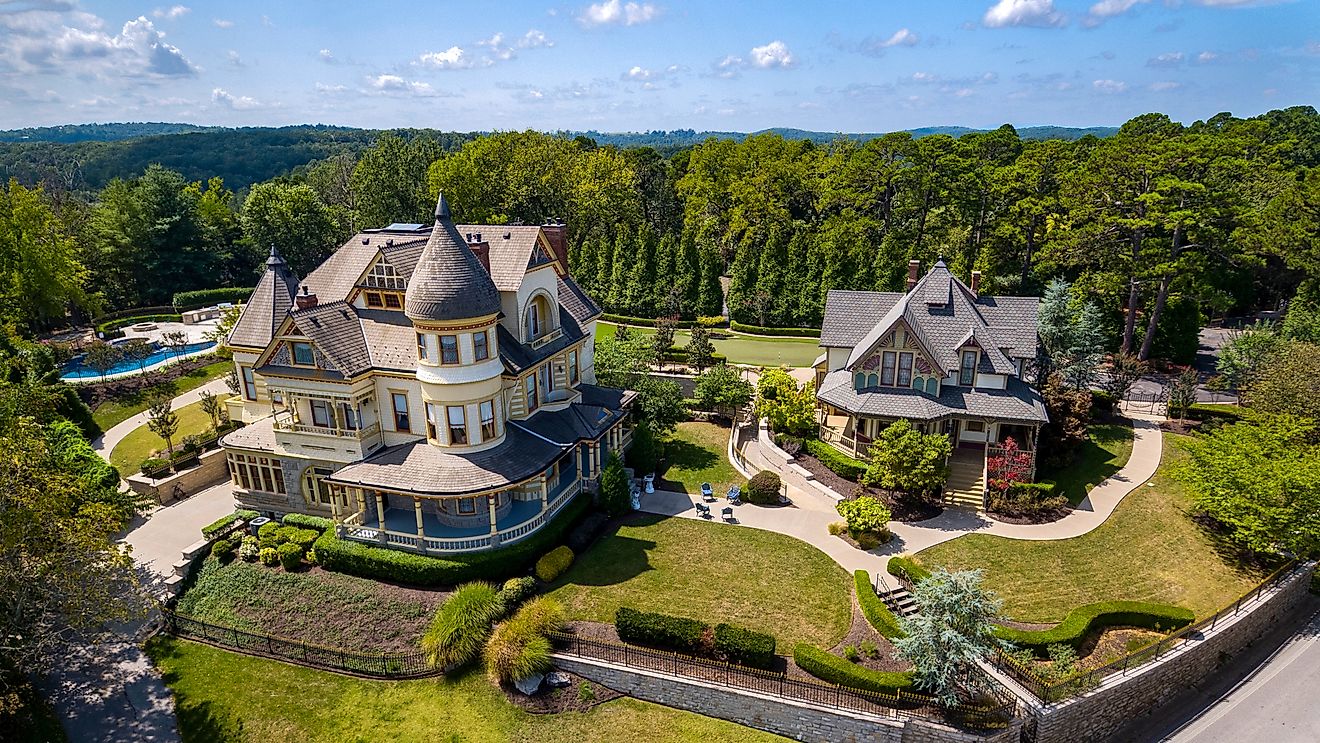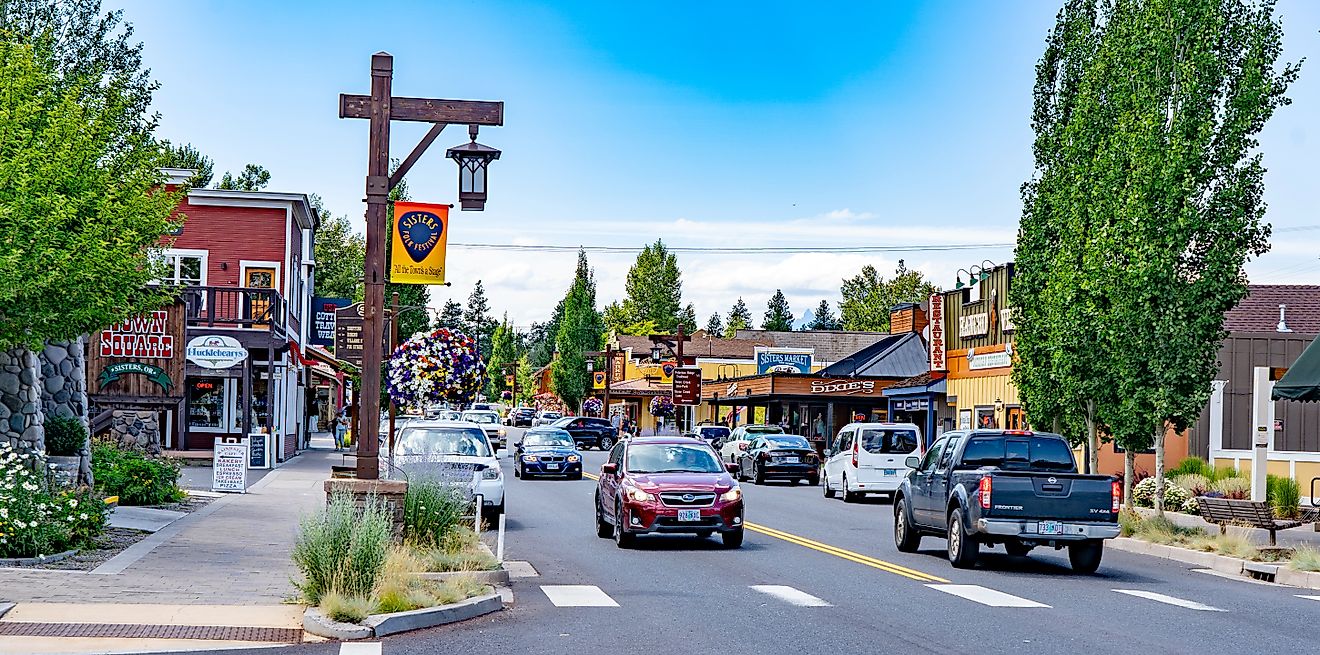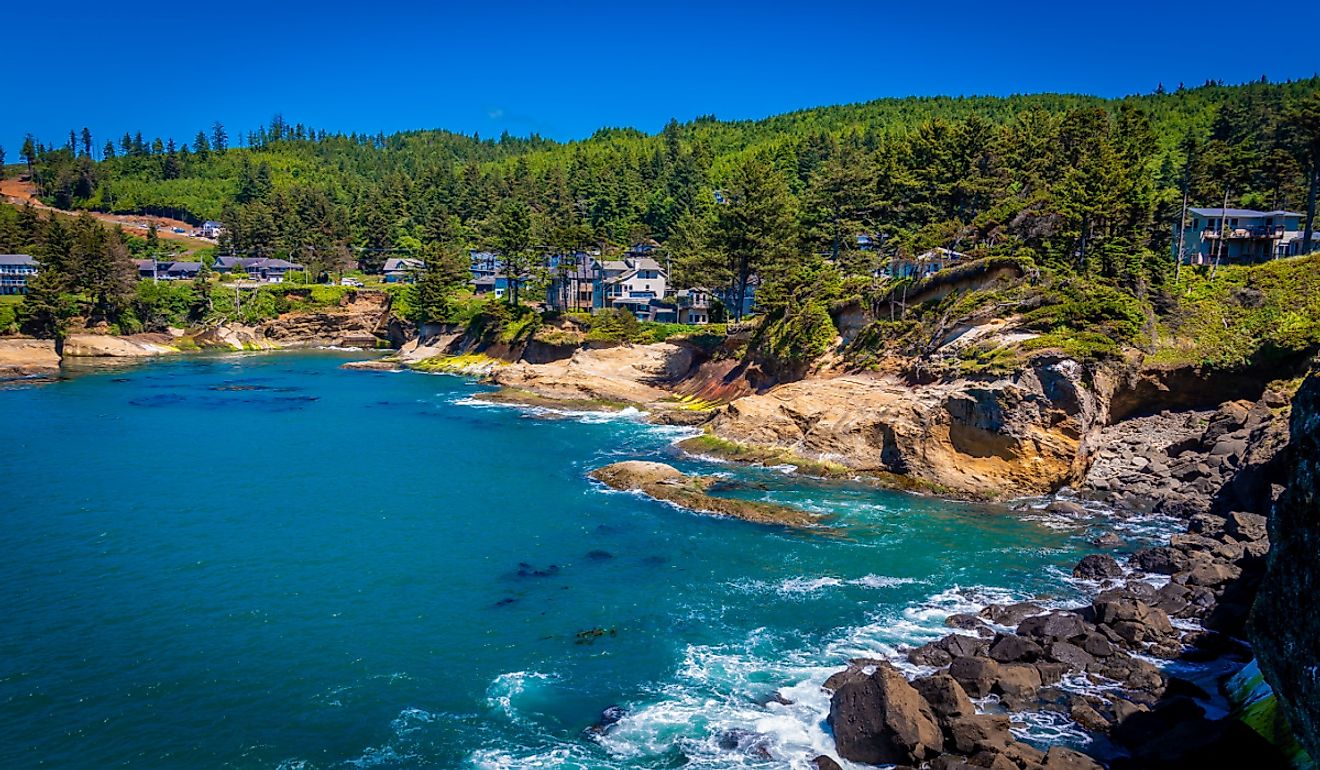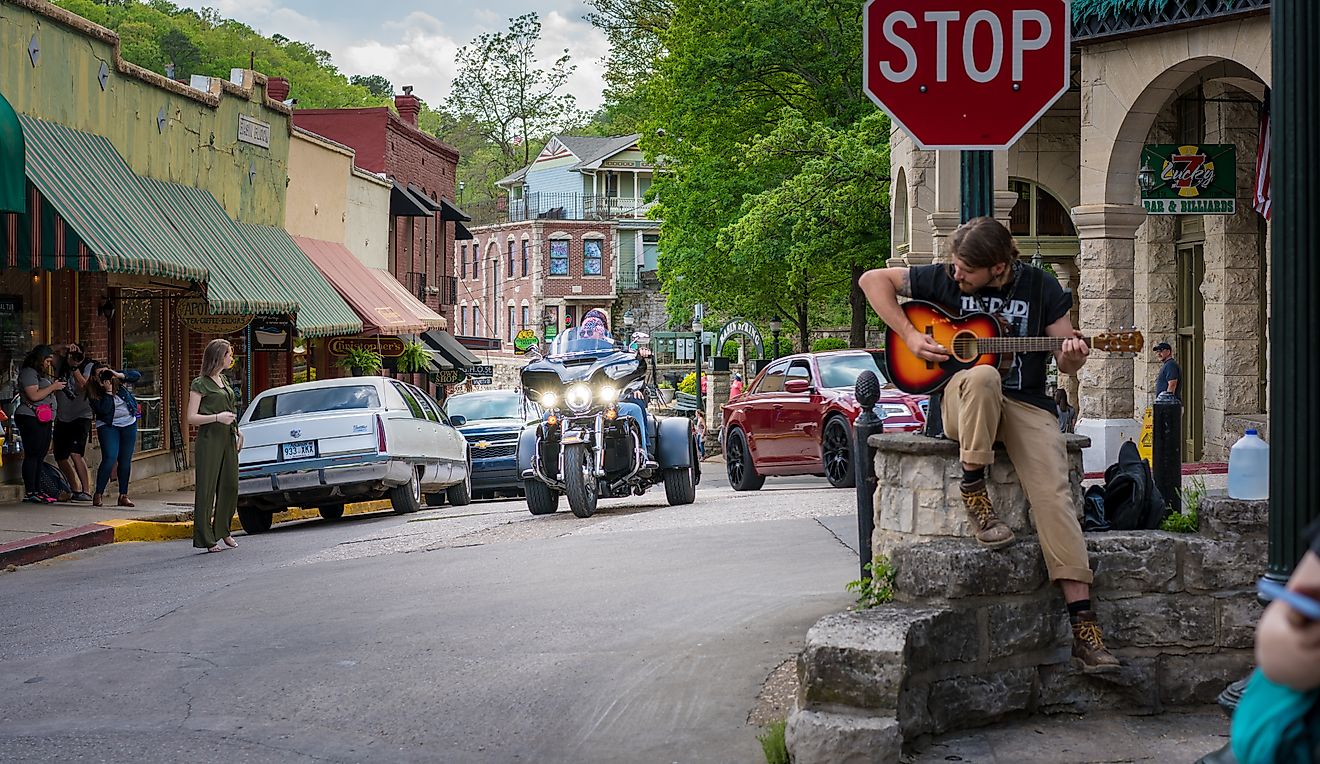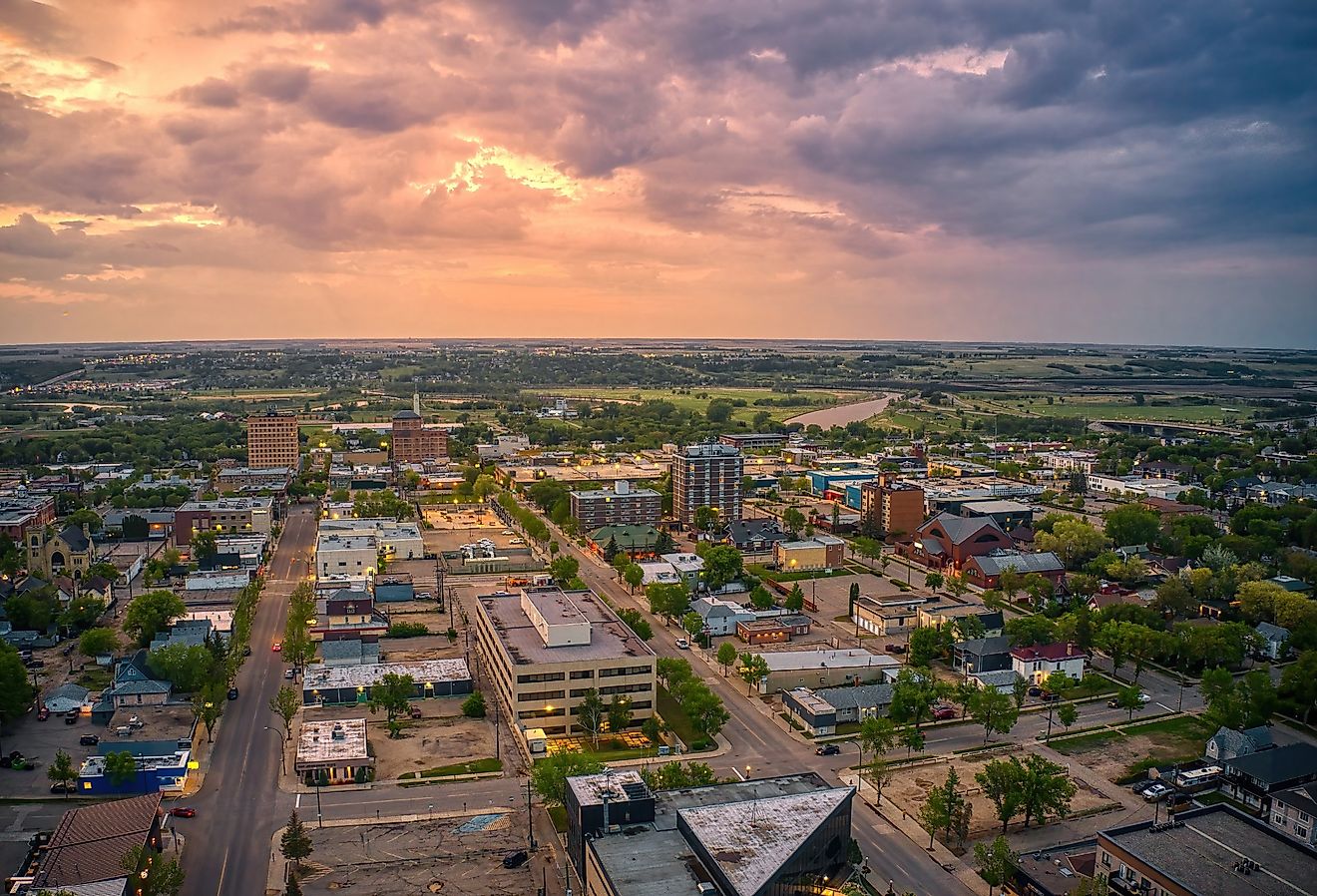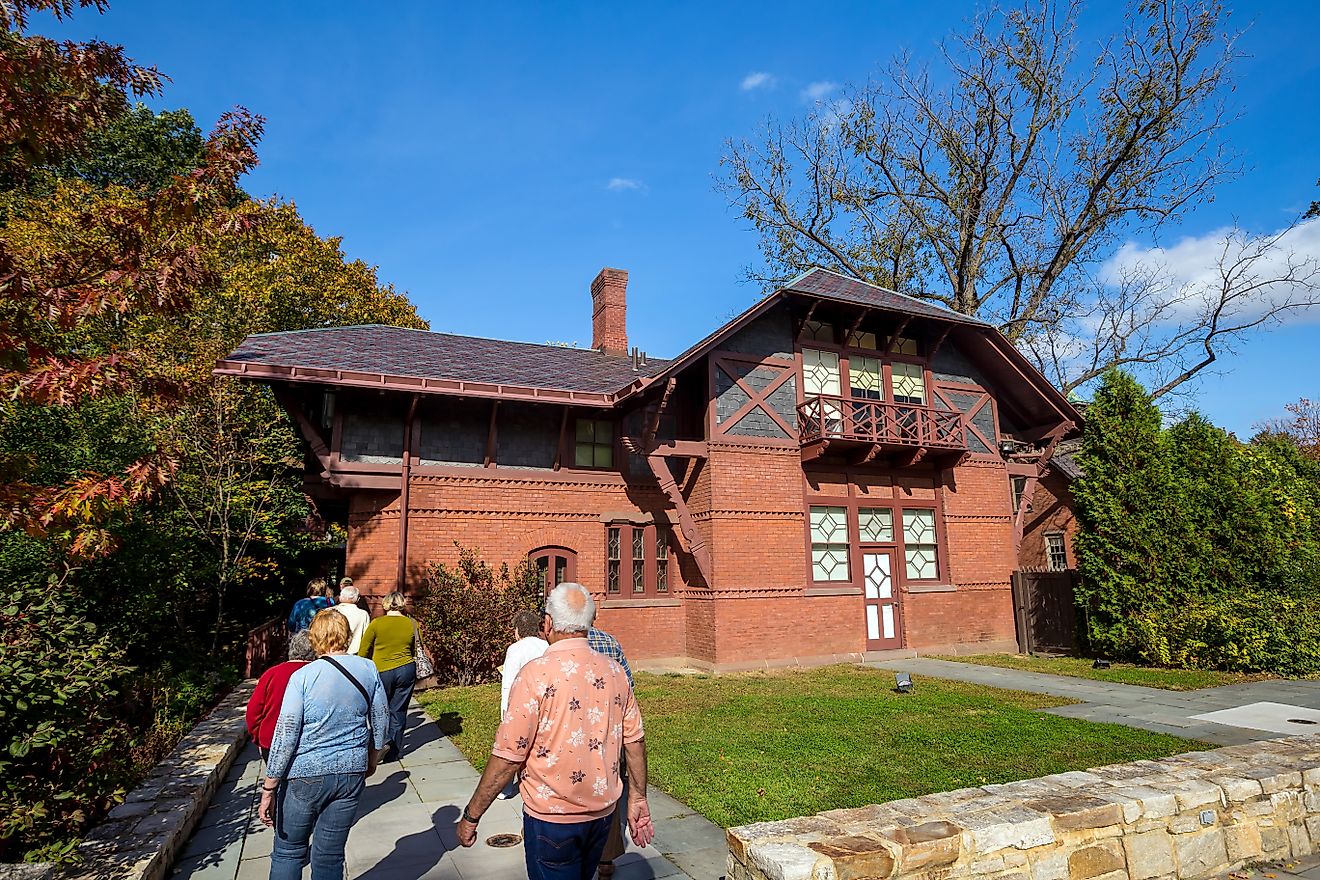
Essex, Connecticut
Essex, a typical New England town known for its small-town charm, is a historical shipping and shipbuilding town in Middlesex County in the US State of Connecticut. The town, only a few miles from Long Island Sound, is well-known for its stunning scenery, magnificent trees and gardens, and intriguing architecture.
Geography And Climate Of Essex

Essex covers a total area of 30.6 sq. km, of which 26.8 sq. km is occupied by land, and 3.8 sq. km is covered by water. Essex Township is made up of three villages: Essex, Centerbrook, and Ivoryton, each having their own post office and zip code but sharing the same administration and school system. Connecticut is roughly in the transition area between the humid subtropical climate in the north and the humid continental climate in the south. The climate of Essex is mostly cloudy all year round, with warm, humid summers and very cold, snowy winters. The average yearly temperature ranges from 23°F to 81°F.
Brief History Of Essex

The Nehantic Indians initially settled in what is present-day Essex. The forested region beside the river was teeming with wildlife, including beavers, otters, deer, hawks, ospreys, and bald eagles. The land was nutrient-rich, and the seas were teeming with fish and crabs. This part of the Saybrook Colony was chosen by an English surveying committee as the ideal location for a new community. The Potapoug Quarter was established in 1648 and included the modern-day town of Essex, as well as the Deep River and sections of Winthrop and Chester. It was a small community at first. The land along the river was held by only three families: the Pratts, Hides, and Lays. A community began to sprout about 1664, but a proper town did not arise until 1722 when the Colony of Connecticut's General Assembly granted Potapoug Quarter permission to construct a Congregational Church. It was in what was then known as Center Saye Brook but is now known as Centerbrook. This location was chosen since it featured two fertile agricultural areas: Scotch Plains, located along the Mud River basin and following the current Route 153 to Westbrook, and Lynde Plains, situated in the flat terrain at the south of the Falls River between the current Ivoryton and Centerbrook communities.
The Population And Economy Of Essex
Out of 169 cities in Connecticut, Essex has the 120th-highest population with 6,611 residents and a median age of 52.1. Essex's racial composition, according to the latest US Census, is as follows: White (91.73 %), Two or more races (5.11 %), and Asian (3.16%). Essex has a 6.3% unemployment rate, whereas the national average is 6.0%. Over the last year, the town's job market has grown by 0.1 percent. Future job growth in the town is expected to be 29.8 % over the next ten years.
Attractions In Essex

Essex holds a yearly Groundhog Day celebration. A giant papier-mache groundhog called "Essex Ed" is paraded across town, with people creating noise to awaken him from his sleep and bring winter to an end. The town also has a "Loser's Day Parade," which commemorates the 1814 occurrence of 29 ships being burnt in Essex port during a British navy attack. The Rotary Club of Essex hosts a Shad Bake on the first Saturday of June. Essex features two large inns: the Copper Beech Inn in Ivoryton, which has twenty-two rooms and two fine-dining restaurants, and the Griswold Inn in downtown Essex, which has thirty-three rooms, two restaurants, retail stores, and a taproom named "one of the top 100 bars in America" by Esquire magazine.

A group of avant-garde painters established the Essex Art Association Gallery at 10 North Main St. in 1946. During the summer, it is open every day from 1 to 5 PM. It is located in an old schoolhouse. Each season, six performances are presented, and artists are asked to participate. One of the most well-known and popular Essex attractions is the Essex Steam Train. Centerbrook is the primary station, with other stations in Deep River, Chester, and Haddam. The usual rail travel from Essex to Deep River transports travelers to the Becky Thatcher Riverboat, which takes them up to the Haddam neighborhood. The Essex Clipper Dinner Train operates from Essex to Haddam.

The village of Ivoryton in Essex is home to the regional theater known as the Ivoryton Playhouse. Each year, the theater puts on 8–12 plays and musicals. The Connecticut River Museum, directly on the Connecticut River at the end of Main Street, is home to several river antiquities and hosts the Connecticut River Eagle Festival every year. Historic buildings with Federal-style architecture, a rich history dating back to the foundation of America, many museums and art galleries, the gorgeous riverbank, and much more await visitors at Essex.
